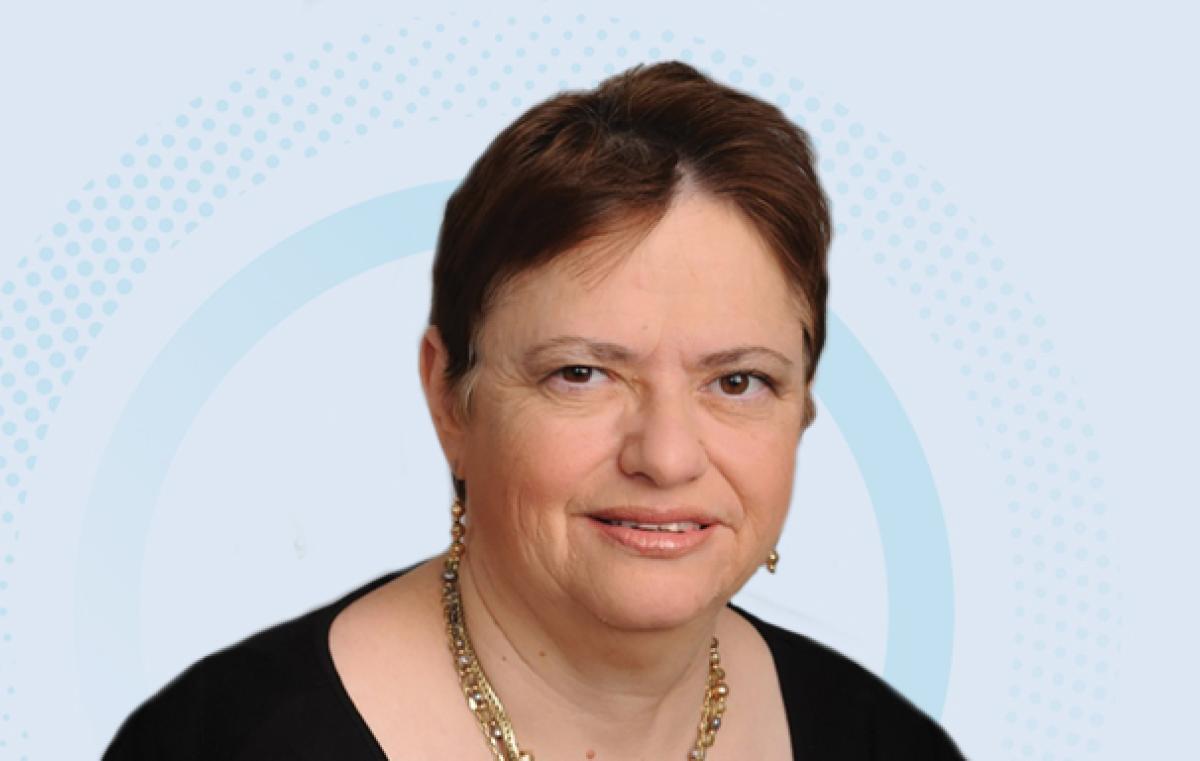BIU a Recipient of ERC's First Synergy Grant in Parasitology
€8.6 million grant will advance the study of genomic instability associated with parasitic diseases and cancer

The European Research Council (ERC) has awarded a Synergy Grant of 8.6 million euro to Institut Pasteur, Bar-Ilan University, and the Weizmann Institute of Science for a project that will generate unprecedented insight into the role of genome instability in eukaryotic adaptation by combining experimental evolution, analyses, RNA biology, and network modeling.
The Synergy Grant, the first awarded in parasitology, will be jointly undertaken by three principal investigators: Prof. Gerald Spaeth (Institut Pasteur, France), Prof. Shulamit Michaeli (Bar-Ilan University) and Prof. Yitzhak Pilpel (Weizmann Institute of Science).
Leishmaniasis is a disease transmitted by the leishmania parasite and can be fatal if not treated. The parasite is found in 88 countries, including in the Middle East. Twelve million people are currently infected with the disease and a billion are at risk of infection. Leishmaniasis is one of five infectious diseases that the World Health Organization is working to eradicate.
Leishmaniasis is an ideal prototype for studying genomic instability that also characterizes other infectious diseases and cancer. When exposed to changes in environments, including anti-parasitic drugs, parasites change their genome. Genes may be "deleted" or undergo amplification to help them cope with these challenges. This instability is advantageous to the parasite, but at the same time, genes expressed in large quantity can cause toxicity.
Exploiting the unique biology of the protozoan parasite leishmania as a model system, the project will uncover the biological filter that can mitigate toxic effects of genome instability while promoting beneficial ones for fitness gain.
The six-year project (2023-2029) applies experimental evolution in vitro and in vivo with the objective to uncover novel mechanisms of leishmania genomic and epistatic adaptation underlying fitness gain. Dynamic genome and transcriptome changes will be mapped at single cell, clonal, and population levels in leishmania parasites evolving to higher fitness in culture, in infected animals, and in response to stressors such as anti-leishmanial drugs. This ERC Synergy Grant will thus deliver a blueprint to study how chaotic genome instability is controlled and harnessed for adaptation especially to escape unfavorable environmental conditions.
Combining their multidisciplinary expertise in genomics, evolution, and RNA biology the researchers believe they can leverage this knowledge to understand a phenomenon that is not only a property of leishmania but can also explain the advantage of genomic instability in cancer.
Prof. Shulamit Michaeli, Bar-Ilan University's Vice President for Research and a researcher in the Goodman Faculty of Life Sciences, is a world-renowned expert on leishmaniasis and the sleeping sickness caused by the trypanosoma parasite. Recently, her laboratory discovered novel non-coding RNA molecules in these parasites, including anti-sense RNA molecule. Prof. Yitzhak Pilpel, head of the Department of Molecular Genetics at the Weizmann Institute of Science, is a bioinformatician who has researched similar questions in models of bacteria and yeast and intends to use the tools he developed to understand the phenomenon of the unstable genome in leishmania. Prof. Gerald Spaeth is a Research Director at Institut Pasteur in Paris, where he directs the Molecular Parasitology and Signaling Unit and the Parasites and Insect Vectors Department.
Reacting to receiving the grant, Prof. Michaeli said, "As we saw during COVID, the RNA molecule can save lives. Unique genes that are found in parasites but not in sick people are a source of hope for the development of RNA-based treatment against life-threatening illness."
Prof. Pepper pointed out that since the leishmania parasite is so different in the way it controls gene activity, he predicts that research of this organism will greatly advance science.
Synergy Grants support small groups of principal investigators to jointly address ambitious research problems that could not be addressed by the individual principal investigators and their teams working alone. The transformative research funded by Synergy Grants has the potential of becoming a benchmark on a global scale.
In total twenty-nine research in 19 countries across Europe and beyond received the ERC Synergy Grant. Israel is the third most common location where this year's lead researchers are based, according to the ERC.